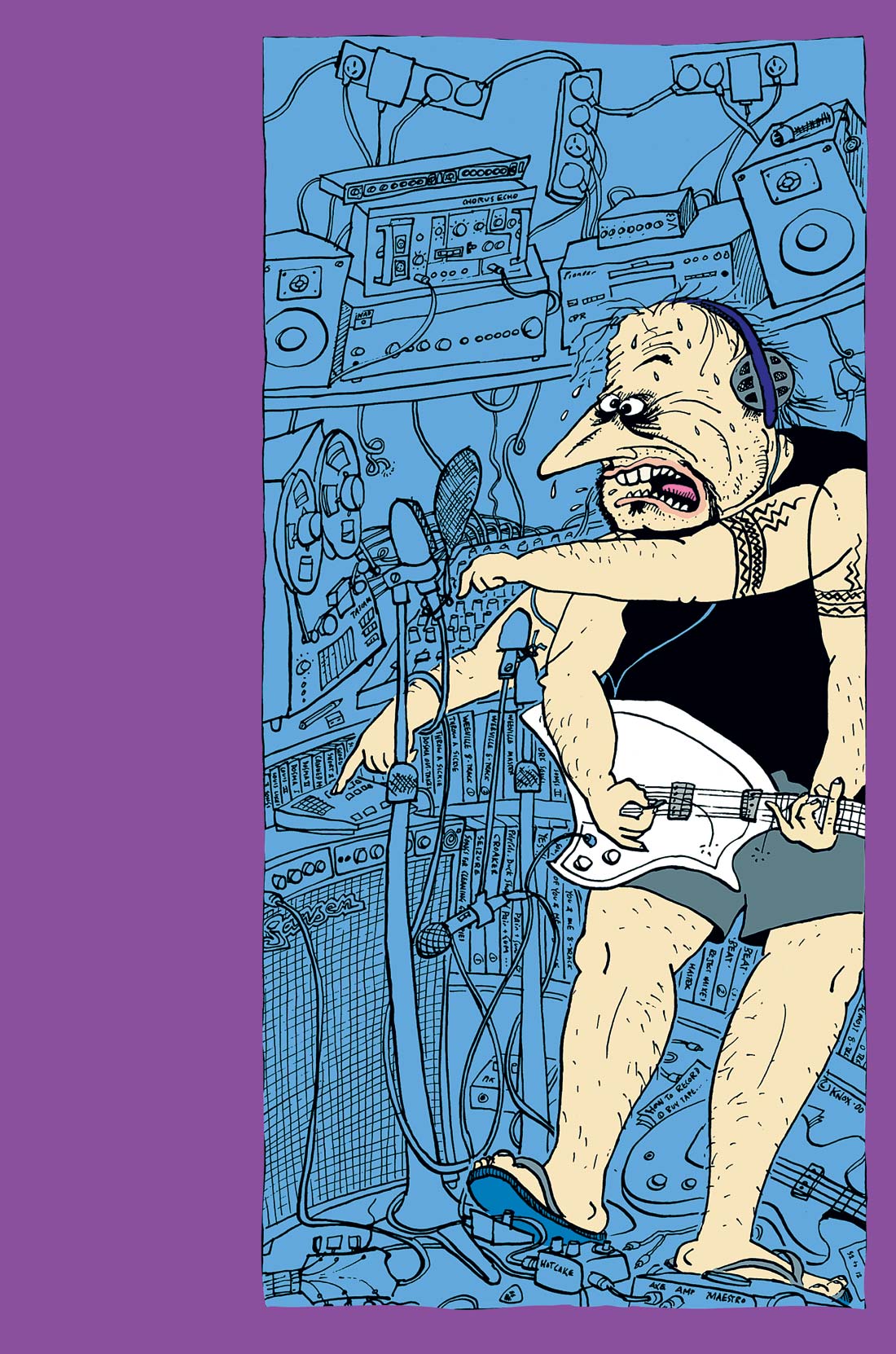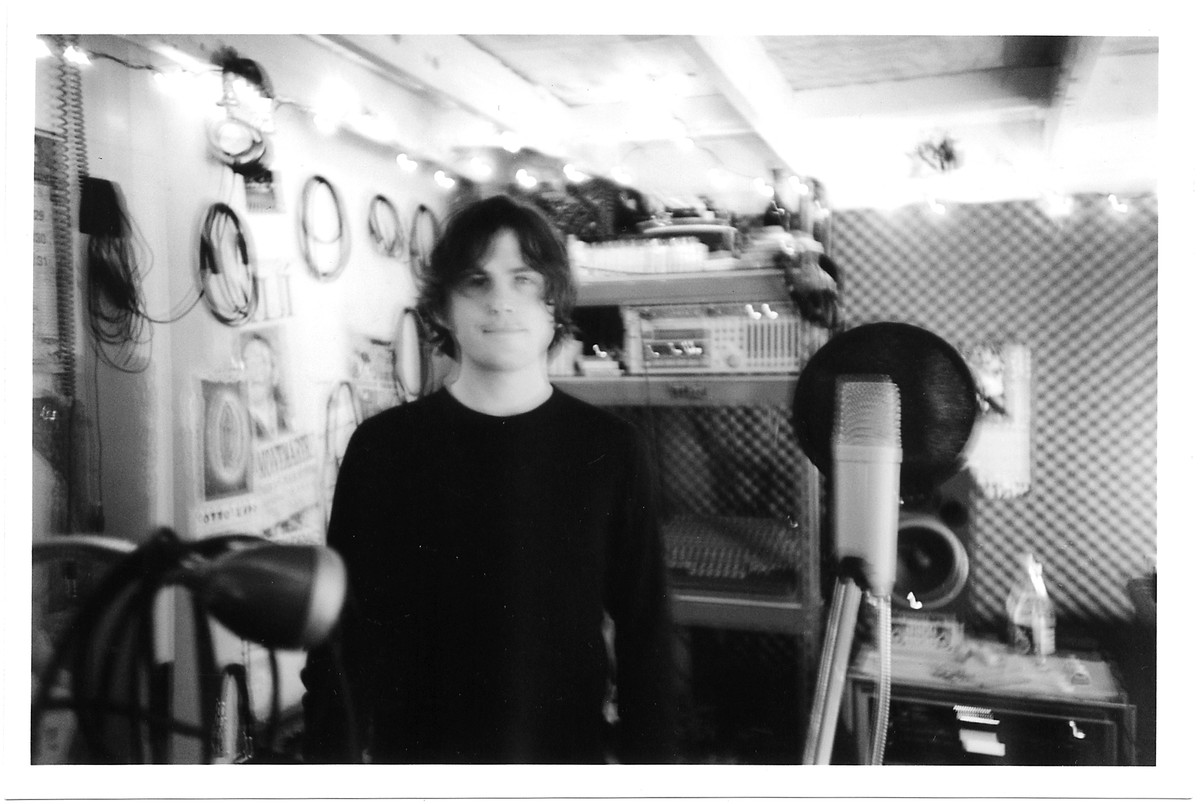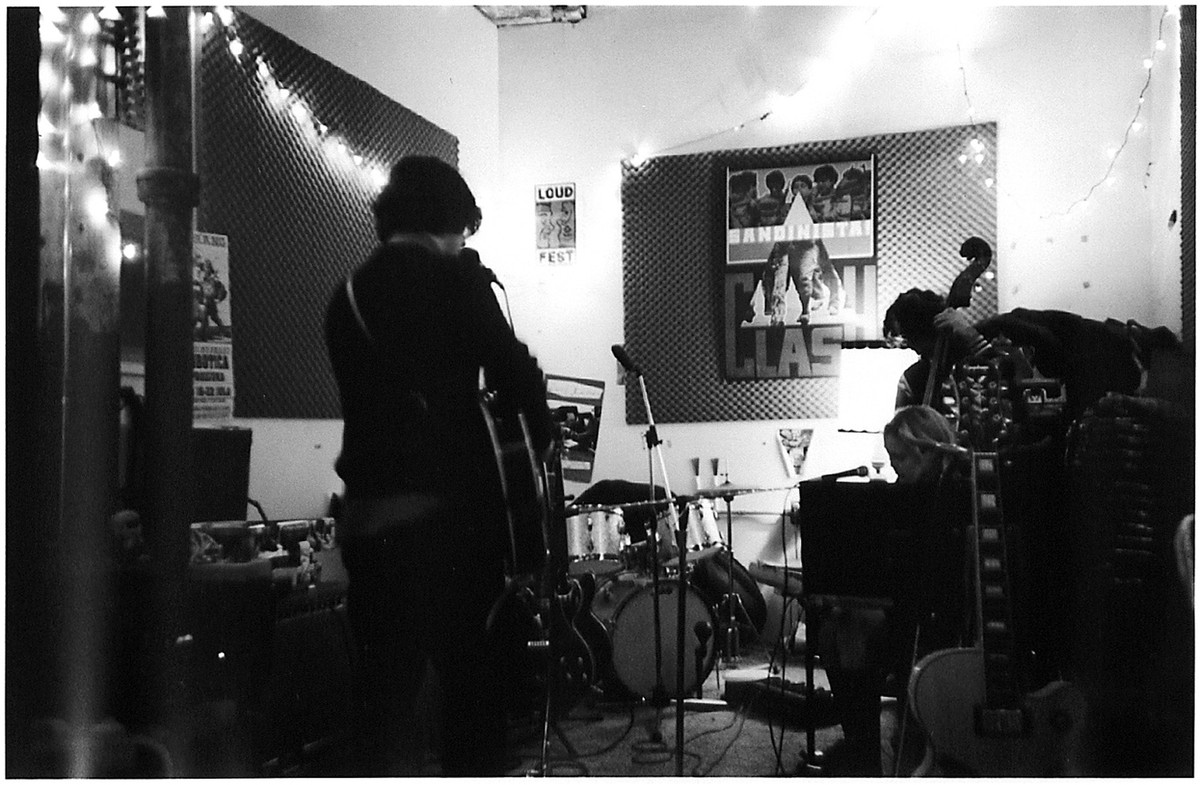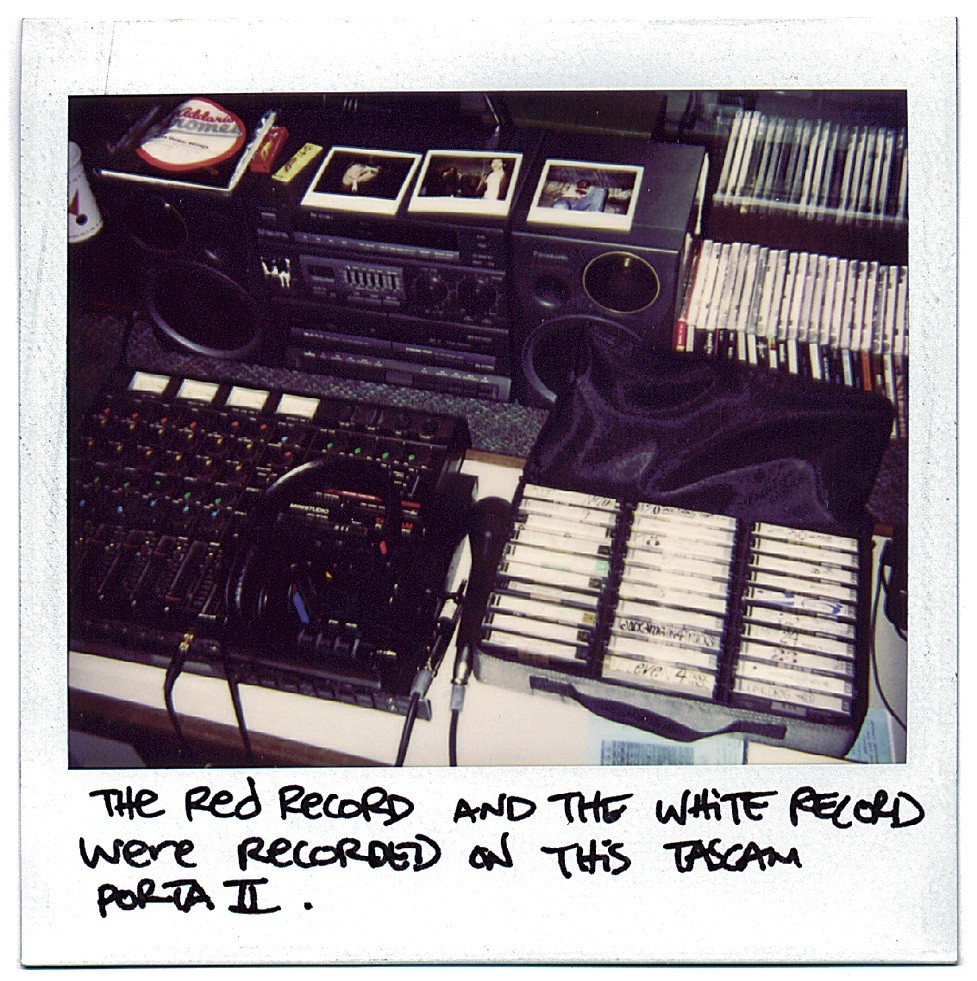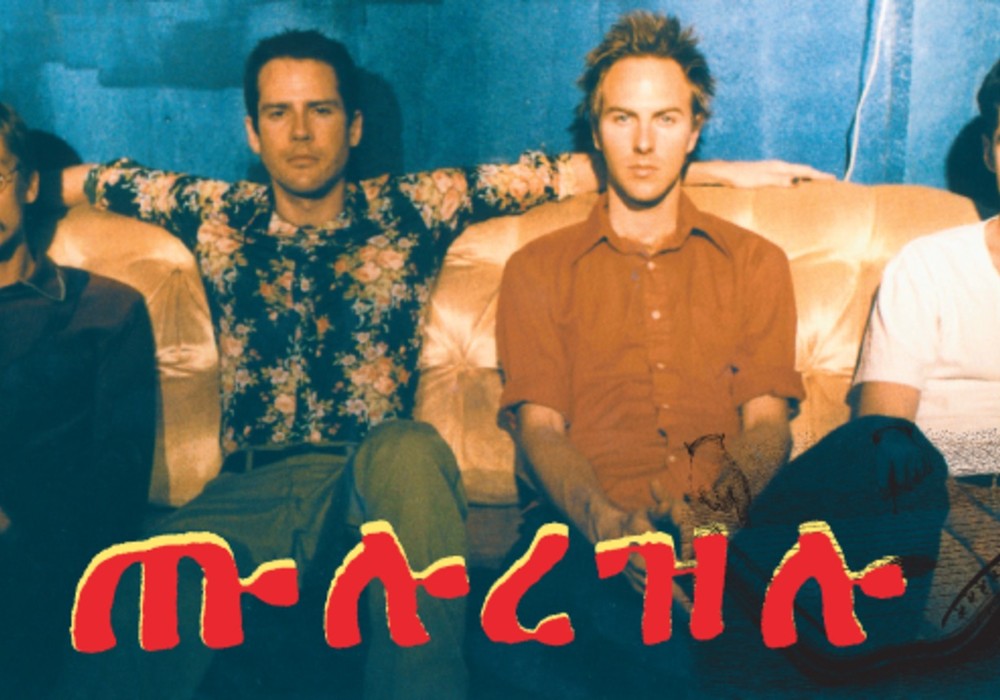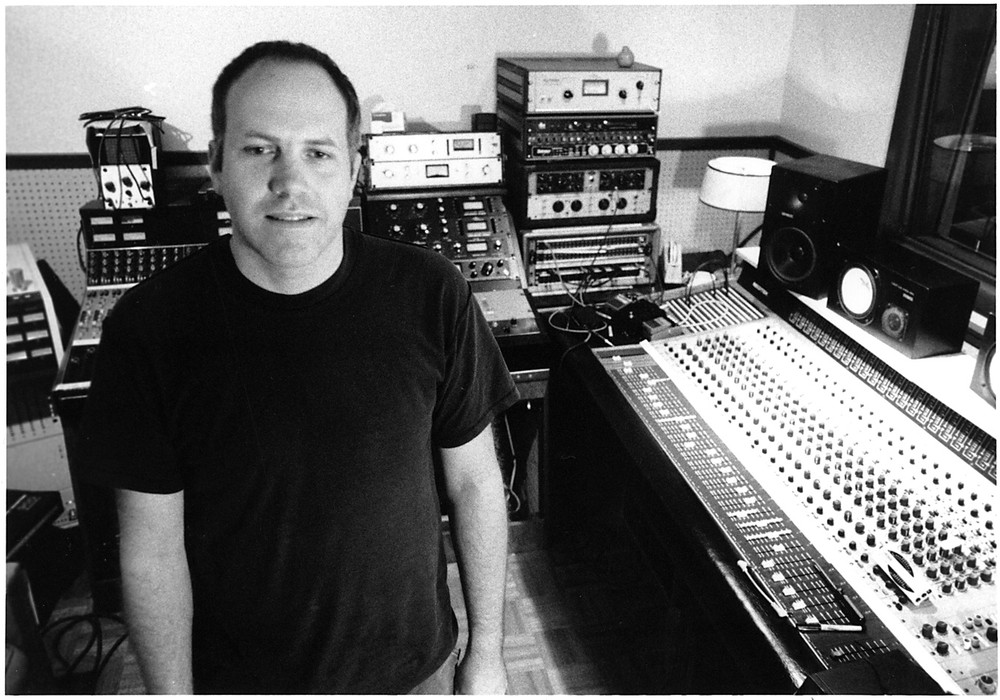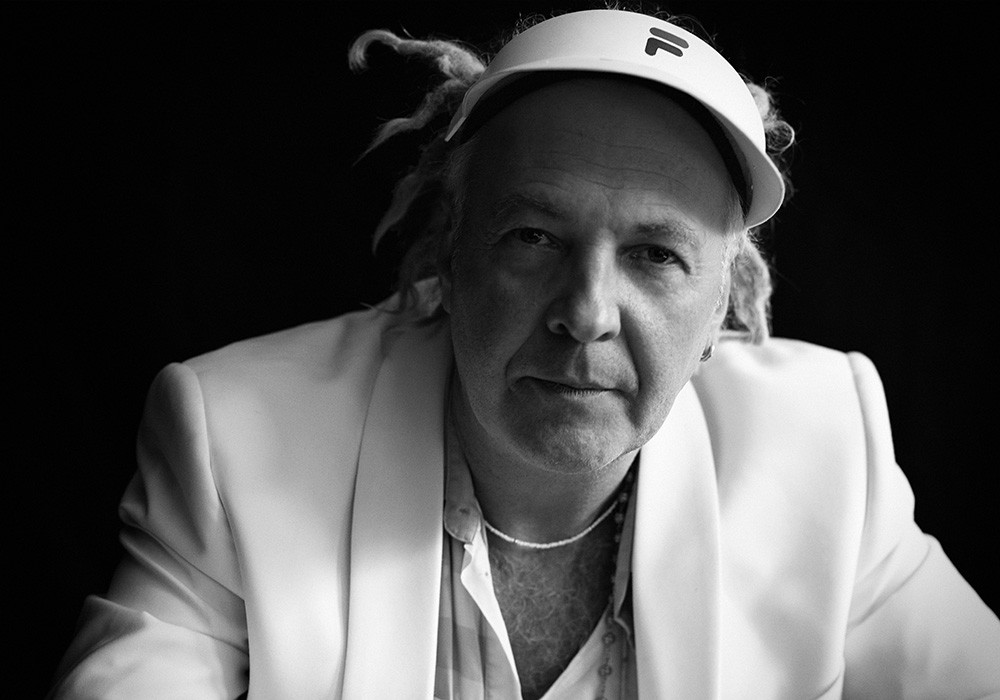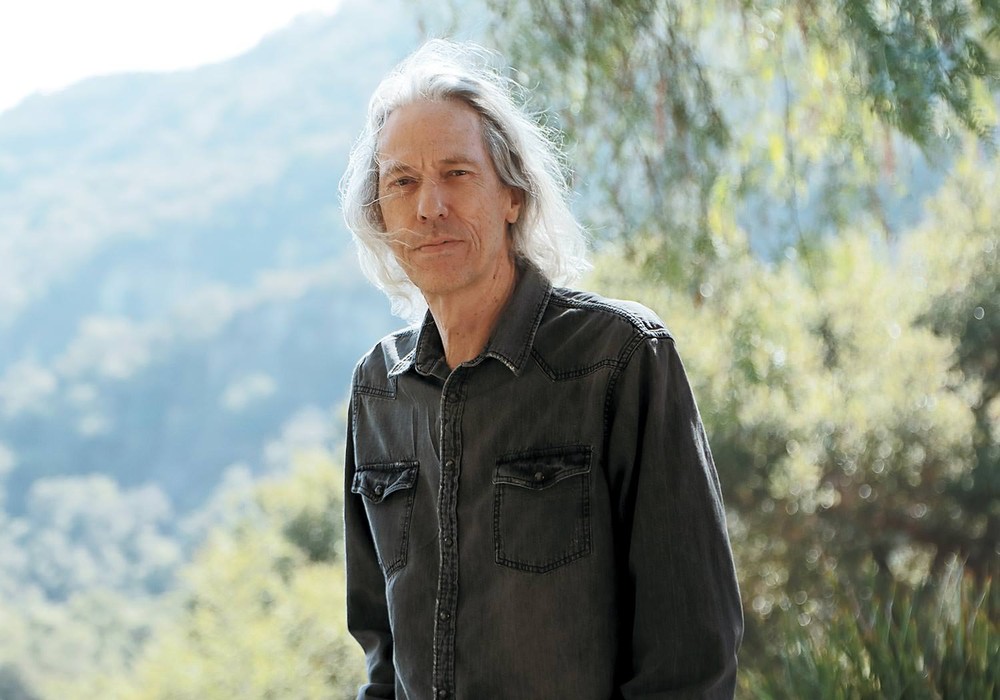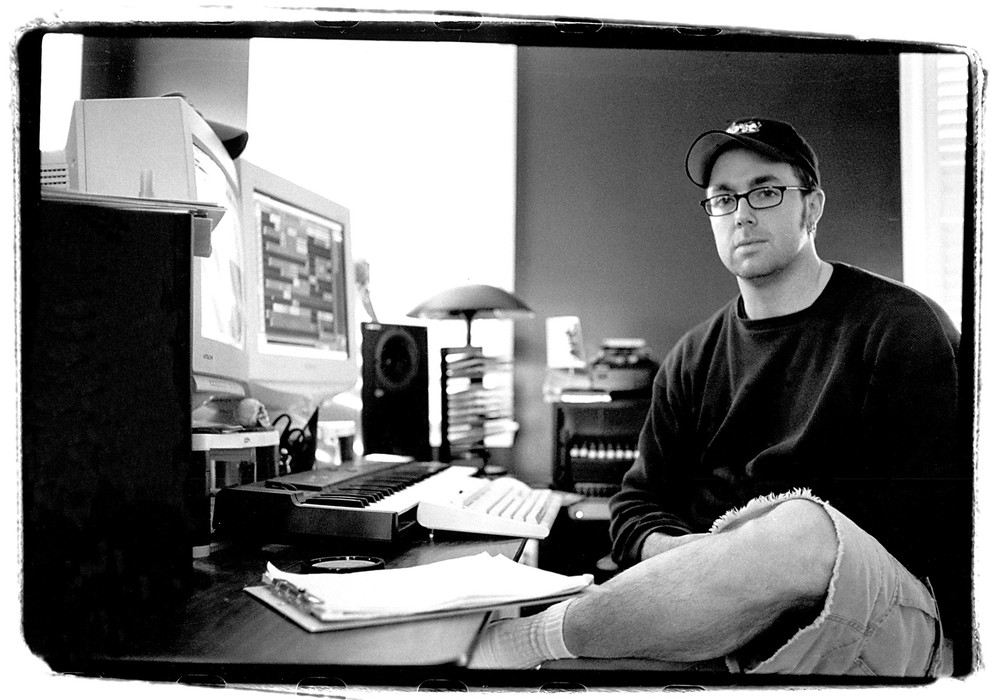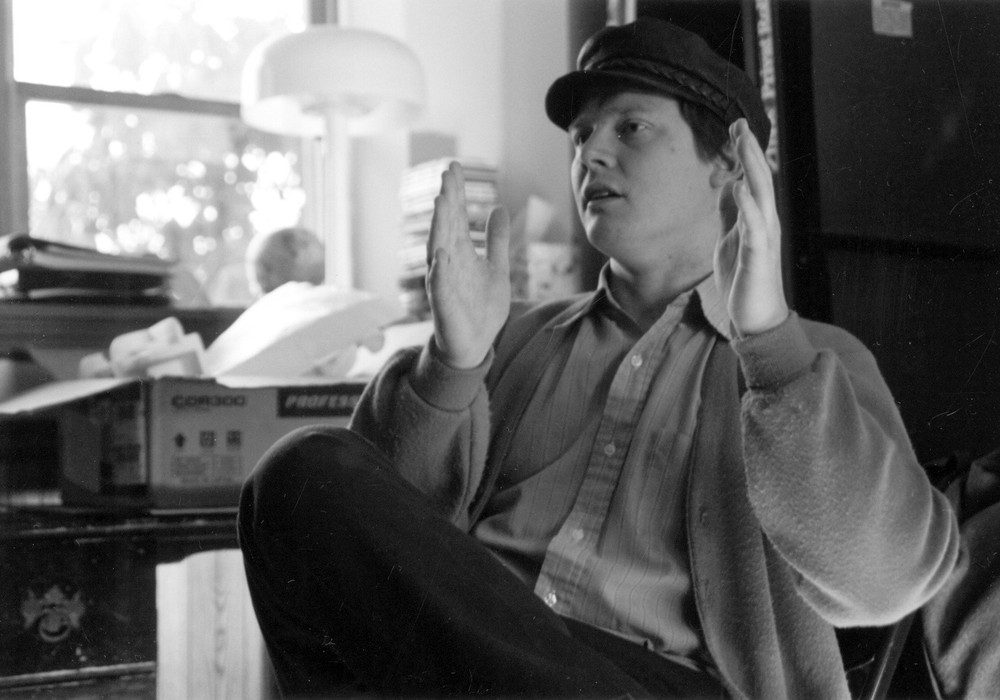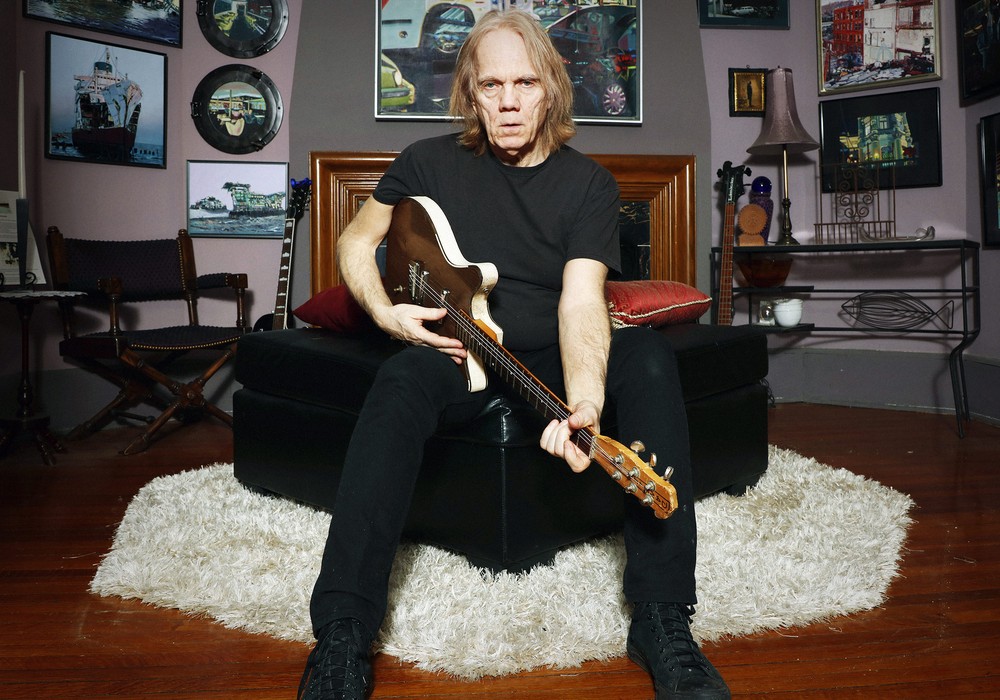Jack Drag is really John Dragonetti of Boston- sometimes. John put out the self-titled Jack Drag album in 1996, featuring 10 perfect examples of home-recorded 4-track cassette pop. Then a rhythm section (Joe Klompus on bass, Jason Sutter on drums) joined up for 1997's Unisex Headwave, which was recorded at Space 67 by John and mixed at the venerable Fort Apache studios. After that things got crazy. A&M Records snapped Jack Drag up and gave them a shot at the "big-time" — briefly. After recording the highly-produced, aural-treat that is Dope Box, the label soon dropped them. Now John has retreated to his Space 67 and offered up, minus his rhythm section, a new record called Soft Songs LP: Aviating (on Sugar Free Records). This is a pleasant return to his "solo" roots and a much more "sonic" listen than his earlier self-produced recordings. And I thought that made it an excellent time to call up for a quick chat.
What kind of studio is Space 67?
Well, it's one room. I don't know how big it is. Kind of the size of a rehearsal space. We've been here the last five years. It's got very tall ceilings. It's an auto garage-type place. There's a kung fu studio in there. I've been in there 5 years. The first two records I did were just Tascam cassette 4-track.ThenIdidDopeBoxwithA&MatSunset Sound Factory. So that was a big jump.
We'll get back to that. So it's like a rehearsal space that you rent for the band?
Yeah, basically that's what it is. It's not like there's a lot of bands in this building. We have a sampler that we were using that I bought with A&M money, so we have that in the studio now. A [E- Mu] ESI-4000. Then I have a Tascam DA-38.
Just a single one?
Yeah. Just one by itself. Then I needed to get a cheap little mixer so I got this Mackie, and it's already falling apart, but I just needed something to monitor on. Then I got the cheapest mic preamp I could find which was an Aphex. It cost me like $250 bucks.
Oh really? You mean you didn't go for ART? ART little Tube MPs? People like them for certain things.
Yeah. Eventually there's lots of things I'd like to have. I still use the 4-track so I can run stuff through it.
Track onto it then dump it to the DA-38?
Yeah. Like for the Aviating record I did some stuff right off the 4-track, then added on to that. So I'd sample a drum loop from the 4-track and then get some overdrive, plug something into the 4- track and then crank the level. That's always fun. It's a pretty simple set-up. I think it's really important to challenge yourself creatively.
Certainly.It seems a lot cleare rthan the previous two, Unisex Headwave and Jack Drag. It seems like a clearer sound. So that's a step up for you, having more tracks.
I think so too.
What kind of mics do you use?
I just used a [Shure SM] 58. The live drums that are on it that have that overdriven, muddy, Tom Waits thing, are something I'd done on the 4-track years ago and then I sampled that. There's a drum loop on "We Could've Been Big" and then my drums come in mid-way through the song. Then in "At the Symphony..." there's that "Tomorrow Never Knows" drumbeat, and those are the live drums and then there's live drums on the very last song "The Only, Only One". The whole idea there was to be really simple. I didn't feel like toying around with drum sounds. Basically, I stuck a PZM on the floor right next to the kick drum pedal and I put it through my Dynacomp guitar foot pedal, cranked that up all the way, and that's the live drum sound.
That's cool.
There's some neat buzz to it and stuff like that.
I think the record's fun. There's a playfulness in using electronics and loops.
Certainly. Not to be electronic musicians, but just kids that love the Beatles and also happen to love Public Enemy.
That's cool. So you did your early records on 4-track?
Yeah, Tascam Porta 2.
Was that in the rehearsal space too or...
A mixture.
Pretty minimal gear on that one?
I had some 58s but never had compressors or gates or anything like that. It was just really simple.
Were you playing most of the instruments on those too?
Yeah, those I did on my own. Except on Unisex Headwave — half of the songs were right when I started playing with Jason & Joe.
That's one of the main things I wanted to talk about in the interview, there's a huge jump. You did two records all on your own with 4-track cassette and then, boom, you're doing this record [Dope Box] at Sunset Sound Factory and it's totally a different world. What was that like,...
The rest of this article is only available with a Basic or Premium subscription, or by purchasing back issue #22. For an upcoming year's free subscription, and our current issue on PDF...
Or Learn More
